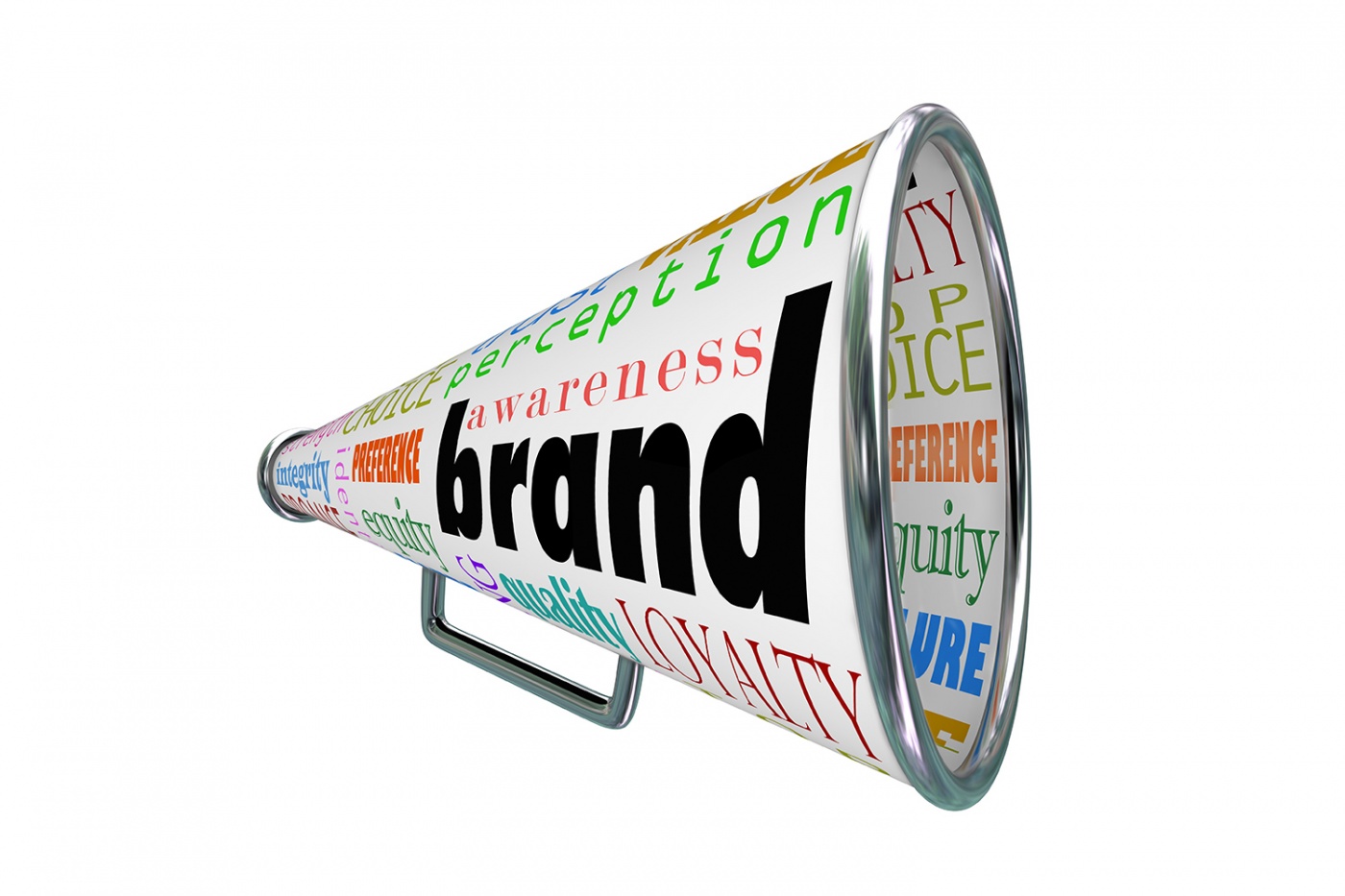In an Era of Covid-19, Here’s Why Marketing and PR Are Essential to Your Business
According to a 2020 survey from the World Federation of Advertisers, almost 89 per cent of the major multinational companies put their advertising campaigns on hold last year. In addition, 52 per cent of the marketers at these MNCs had slashed their marketing budgets. Some even held back on ad spending for a minimum of six months. Coca-Cola, in particular, expressed scepticism over the ROI on marketing spend and redeployed its ground sales staff to merchandising. Experts predict that the U.S. advertising industry may lose up to US$26 billion this year.
Most companies during an economic downturn will immediately cut their PR and marketing budget to save costs, but where there is a crisis, there is also opportunity. The most seasoned leaders who have weathered many storms will tell you to make strategic investments now in preparation for a full recovery in the future. During the 2008 financial crisis, Reckitt Benckiser (the world’s leading consumer health and hygiene company) launched a compelling marketing campaign aimed at persuading its consumers to continue purchasing its products despite the recession. Eventually, they grew their profits by 14 per cent while their competitors faced losses of 10 per cent or more.
In a pandemic-induced economic slump, there are still several ways that companies can effectively promote their brand to consumers like purpose-driven marketing—where brands connect with people based on causes they both support. Or you can pause and listen to your customers first to find out their needs before marketing your next product. It’s time to rethink your engagement across various platforms and communicate with compassion and attentiveness. Put the customer’s experience first. It isn’t about what you can do for them but about understanding what they need and how you can create value that is unexpected.
Be Empathetic
Savvy and discerning customers do not need to hear platitudes such as “we are in this together.” Companies should focus their marketing and PR efforts into reinforcing existing relationships, solidifying connections and being empathetic. Replace the usual sales-driven content with messages that are personal, relatable and meaningful. Once you’re able to connect emotionally with your audience, there is a chance to attract top of the funnel leads. An example of a successful marketing campaign in 2020 was Reebok’s ‘25,915 Days’ to live, which demonstrated how true emotional connections are the most powerful way to attract an audience. Reebok’s campaign was not only inspiring, but it also reminded people to live life to the fullest and to treasure every moment. Instead of driving sales, create a campaign that focuses on storytelling rather than the product itself.
More compelling content
Gone are the days of cold calling or a one-size-fits-all strategy for social media platforms and EDMs. Customers want a brand that is human, personal and approachable. Moreover, we live in a time of short attention spans, so the right communications are more critical than ever to enhance your business. Last year, when Burger King announced that they had removed artificial preservatives from their Whopper burger, they released a video to show how much mould grew on the Whopper over a 34-day period. Albeit controversial (apparently McDonald’s burgers don’t decompose), this rather grotesque campaign helped to generate massive publicity and amplified their message that they were free from artificial preservatives. While the ad may not directly translate to more burger sales, the fundamental message shows the fast-food giant’s commitment to “natural” and real food. Bottom line: don’t be afraid to be unconventional.
Have a relatable public message
Apart from humanistic marketing, public relations is also vital for building rapport with customers and establishing strong brand recognition. Consider this: if a potential customer reads a positive story in the media about a brand, the chances of them purchasing the product are much higher. Getting reputable media coverage can heighten credibility and reach out to more of your target audience. Apple is the perfect example of effective PR brand intervention. Their Creativity Goes On campaign served as a reminder to people to remain positive, as they shared the tools they needed to stay connected with each other. The campaign, which attracted a huge amount of media attention, included showcasing creative projects on Apple at Home and also updating Siri so that she could answer queries about the pandemic. When the J. Paul Getty Museum was forced to close its doors due to the coronavirus, they started the Getty Museum Challenge and created an Animal Crossing Art Generator that allowed users to build an art museum in the game. These innovative moves paid off, resulting in higher levels of engagement.


